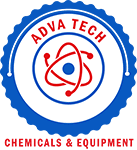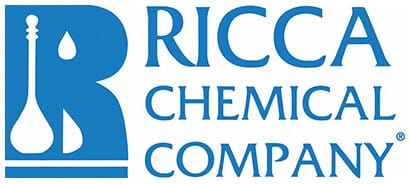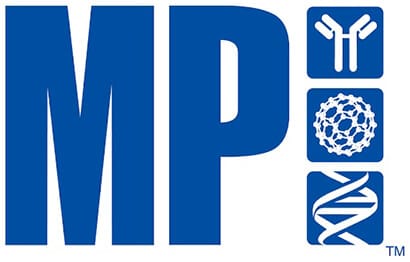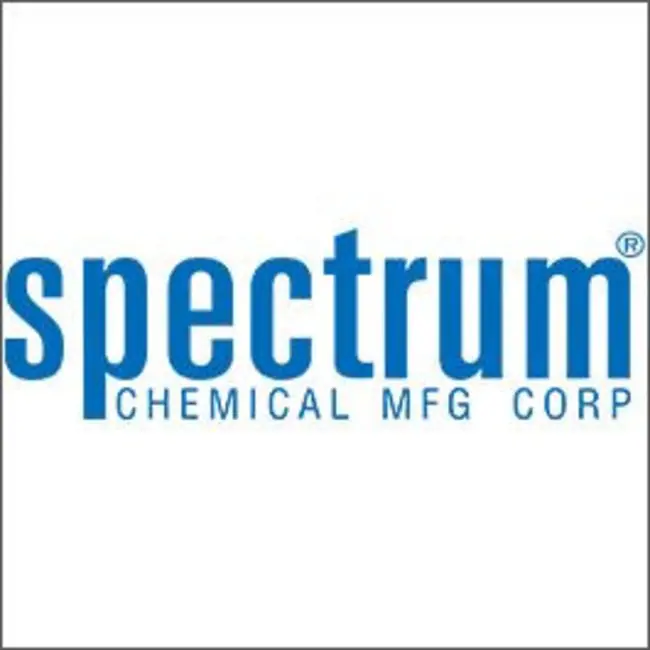10ml Resin (Total 20 ml)
Showing all 7 results
-
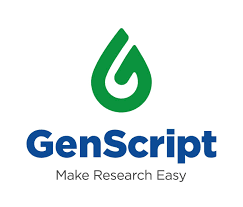
Anti-DYKDDDDK Affinity Resin Easy
$1,377.41 Add to cart View Product DetailsGenScript Anti-DYKDDDDK Affinity Resin Easy (Cat. No. L00907) features high binding capacity, specificity, sensitivity, stability, and reusability, making it particularly useful for the affinity purification and immunoprecipitation of DYKDDDDK-tagged fusion proteins expressed in common protein expression systems such as bacteria, yeast, and mammalian cells.
-
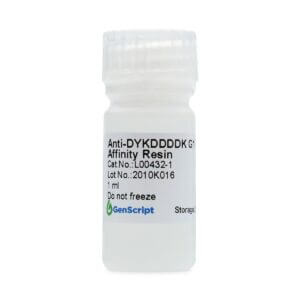
Anti-DYKDDDDK G1 Affinity Resin
$1,060.01 Add to cart View Product DetailsGenScript Anti‐DYKDDDDK G1 Affinity Resin (Cat. No. L00432) is designed for the purification of DYKDDDDK‐tagged protein from commonly used protein expression systems including bacteria, yeast and mammalian cells.
-

Anti-GS Linker Affinity Resin FF
$1,449.00 Add to cart View Product DetailsThis product is designed for purification of proteins, antibodies and compounds containing (GnS)m linker (n≥2, m≥2) from commonly used protein expression systems such as bacteria, yeast and mammalian cells.
-
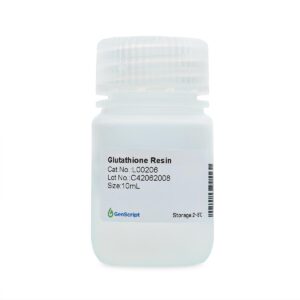
Glutathione Resin
$96.60 Add to cart View Product DetailsGlutathione Resin (Cat. No. L00206) is an
affinity chromatography medium designed for easy, one-step purification of
recombinant glutathione S-transferase (GST) fusion proteins and other
glutathione binding proteins expressed in E. coli, insect cells and mammalian
cells. The recombinant GST fusion proteins can be purified directly from
pre-treated cell lysate using Glutathione Resin. It is the excellent choice for
high performance purifications.
GST Fusion Protein Purification Kit (Cat. No. L00207) is the derivate products of
Glutathione Resin which includes five disposable columns and five 0.154 g
samples of glutathione to facilitate protein purification. -
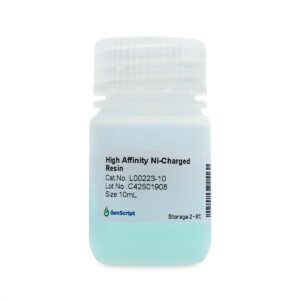
High Affinity Ni-Charged Resin
$71.59 Add to cart View Product DetailsGenScript
High Affinity Ni-Charged Resin is an 4% cross-linked agarose medium covalently
coupled to a chelating agent that binds Ni2+ by four coordination
sites for high-affinity purification of polyhistidine-tagged recombinant
proteins. High Affinity Ni-Charged Resin has
low Ni2+ leakage, high protein-binding capacity and stability, and
is compatible with a wide range of additives used in protein purification. This
makes High Affinity Ni-Charged Resin the excellent choice for high performance
purification of polyhistidine-tagged proteins. -

MonoRab™ Anti-Camelid VHH Affinity Resin
$1,739.66 Add to cart View Product DetailsCamelid
VHH Antibody (also called single-domain antibody, sdAb or Nanobody by Ablynx)
is a peptide chain about 110 amino acids in length, containing one variable domain
of a heavy-chain antibody (a VHH fragment). Like a whole antibody, the camelid
VHH antibody is able to bind selectively to a specific antigen. This single-domain
antibody has a broad range of applications in biotechnical and therapeutic research
fields due to its small size, simple production and high affinity.
GenScript’s MonoRab™ Anti-Camelid VHH
Affinity Resin (Cat. No. L00905) is designed for purification of Camelid VHH
single domain antibody from commonly used protein expression systems such as bacteria,
yeast and mammalian cells. The VHH single domain antibody in cell lysate can specifically
bind to the Anti-Camelid VHH monoclonal antibody coupled to the resin. Nonspecific
binding reactions are eliminated by stringent washing steps, and the purified Camelid
VHH single domain antibody is eluted with a high recovery rate. Table
1 lists the main characteristics of GenScript’s MonoRab™ Anti-Camelid VHH
Affinity Resin.
Table 1. Characteristics of Anti-Camelid VHH Affinity
ResinProduct
content50%
settled resin in TBS with 0.02%
sodium azideMatrix 4% cross-linked
agaroseAverage
bead size90 μm Ligand MonoRab™
Rabbit Anti-Camelid VHH Antibody, mAbBinding
capacityApproximately
2-4 mg Camelid VHH protein per mL
settled resin (depending on amino acid sequence of different Camelid VHHs)Storage
and stabilityStore
at 2-8 °C for up to 12 months. Do not freeze the resin.Resin
reuseWhen
stored at 2 – 8° C, the resin can be recycled at least 5 times
with no loss of binding capability. The resin can be reused up to 10 times with
minimum loss of binding capability.Elution
methodAcid
buffer elution (pH 2.5)Reagents
compatibilityCompatible
with commonly used bacterial lysis reagents. For reagents compatible with
purification, see tables 2 and 3 in the manual. -

MonoRab™ Anti-Humanized VHH Affinity Resin FF
$1,811.25 Add to cart View Product DetailsCamelid
VHH Antibody (also called single-domain antibody, sdAb or Nanobody by Ablynx)
is a peptide chain about 110 amino acids in length, containing one variable
domain of a heavy-chain antibody (a VHH fragment). Like a whole antibody, the camelid
VHH antibody is able to bind selectively to a specific antigen. This single-domain
antibody has a broad range of applications in biotechnical and therapeutic research
fields due to its small size, simple production and high affinity. However, their sequences may increase the risk of immunogenicity and
anti-drug antibody (ADA) development in humans, and thus, sdAbs are routinely
humanized during development.
GenScript’s MonoRab™ Anti- Humanized VHH Affinity
Resin FF (Cat. No. L00951) is designed for purification of humanized VHH
single domain antibody from commonly used protein expression systems such as bacteria,
yeast and mammalian cells. The VHH single domain antibody in cell lysate can specifically
bind to the Anti- Humanized VHH monoclonal antibody coupled to the resin. Nonspecific binding
reactions are eliminated by stringent washing steps, and the purified target
protein is eluted with a high recovery rate. Table 1 lists the main characteristics
of GenScript’s MonoRab™ Anti- Humanized VHH Affinity Resin FF.
Table 1. Characteristics of Anti-Humanized VHH
Affinity Resin FFProduct
content50%
settled resin in TBS with 0.02%
sodium azideMatrix 4% highly
cross-linked agaroseAverage
bead size90 μm Ligand MonoRab™
Anti-Humanized VHH AntibodyBinding
capacity>
2 mg Humanized VHH per mL settled resin (depending on amino acid sequence of
different Humanized VHHs)Storage
and stabilityStore
at 2-8 °C for up to 12 months. Do not freeze the resin.Resin
reuseWhen
stored at 2 – 8° C, the resin can be recycled at least 5 times
with no loss of binding capability. While, it can be reused up to 10 times with
minimum loss of binding capability.Elution
methodAcid
buffer elution (pH 2.5)Reagents
compatibilityCompatible
with commonly used bacterial lysis reagents. For reagents compatible with
purifications, see tables 2 and 3 in the manual.
